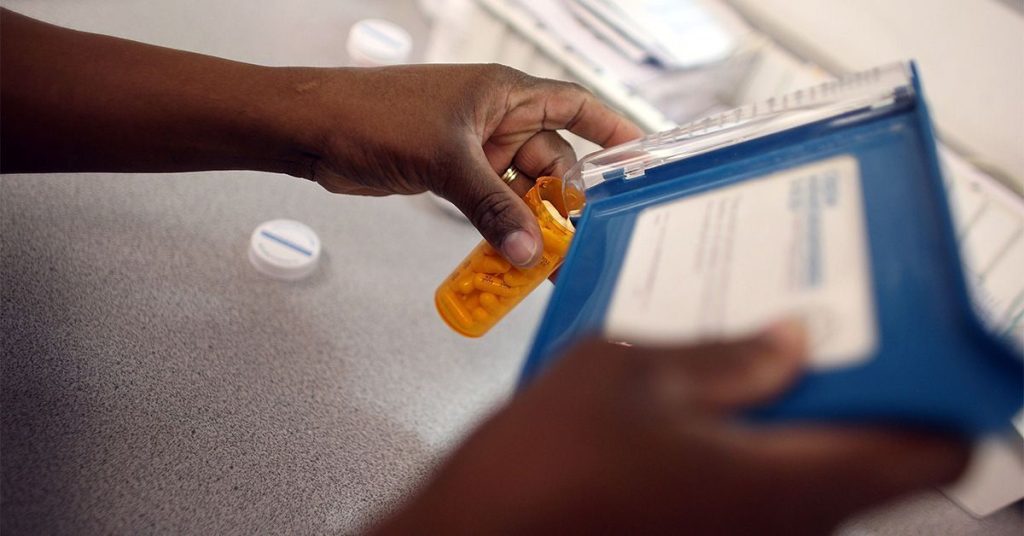Inflammatory bowel disease (IBD) affects approximately 4.9 million people globally and there is currently no known cure for the condition. Scientists are still unsure about the exact cause of IBD. Recent research from Bar-Ilan University in Israel suggests that the use of antibiotics may damage the protective mucus layer in the gut, potentially increasing a person’s risk for developing IBD. The study, published in Science Advances, used a mouse model of IBD to investigate how antibiotics such as ampicillin, metronidazole, neomycin, and vancomycin affected the protective mucus layer in the digestive tract. The researchers found that these antibiotics damaged the mucus layer, allowing bacteria to penetrate and potentially increasing the risk of gut inflammation.
The team at Bar-Ilan University decided to specifically examine the impact of antibiotic use on IBD risk due to strong epidemiological studies that have linked antibiotic use and the development of IBD. The study utilized advanced techniques such as RNA sequencing, machine learning, and mucus secretion measurement in their analysis. The researchers found that antibiotics can directly affect the cells in the intestine, preventing them from secreting protective mucus. This can lead to bacteria penetrating the tissues, triggering an inflammatory response which is characteristic of IBD. Surprisingly, the negative impact of antibiotics on the mucus barrier was not due to changes in the gut microbiome, but rather alterations to the intestinal wall cells responsible for mucus production.
Harpreet Pall, a pediatric gastroenterologist, noted that the study provided new insight into how antibiotics might increase the risk of developing IBD. It is not necessarily the effect of antibiotics on the gut flora, but rather their direct impact on the protective layer inside the gut that can lead to inflammation. Understanding risk factors for IBD can help in developing prevention strategies and exploring new treatment targets. Researcher Ashkan Farhadi commented that the study’s findings are a significant departure from previous beliefs about antibiotics and IBD. It was previously thought that antibiotics affected IBD by modulating gut bacteria, but this study suggests that antibiotics can change human cells independently of bacteria, leading to gut inflammation.
The discovery that antibiotics can directly affect human cells in the gut presents a novel understanding of how these medications may contribute to the risk of developing IBD. The study conducted by Bar-Ilan University researchers highlights the importance of careful antibiotic use, as over-prescription of these medications could potentially harm the protective mucus layer in the gut. Further research is needed to validate these findings and explore potential treatment targets based on this new knowledge. Understanding the mechanisms through which antibiotics impact the gut can lead to earlier detection and personalized treatment of IBD, providing valuable insights for patients at high risk of developing the condition. This groundbreaking study has opened up new avenues for research into the relationship between antibiotics and IBD, shedding light on a previously unknown aspect of how these medications may influence gut health.













